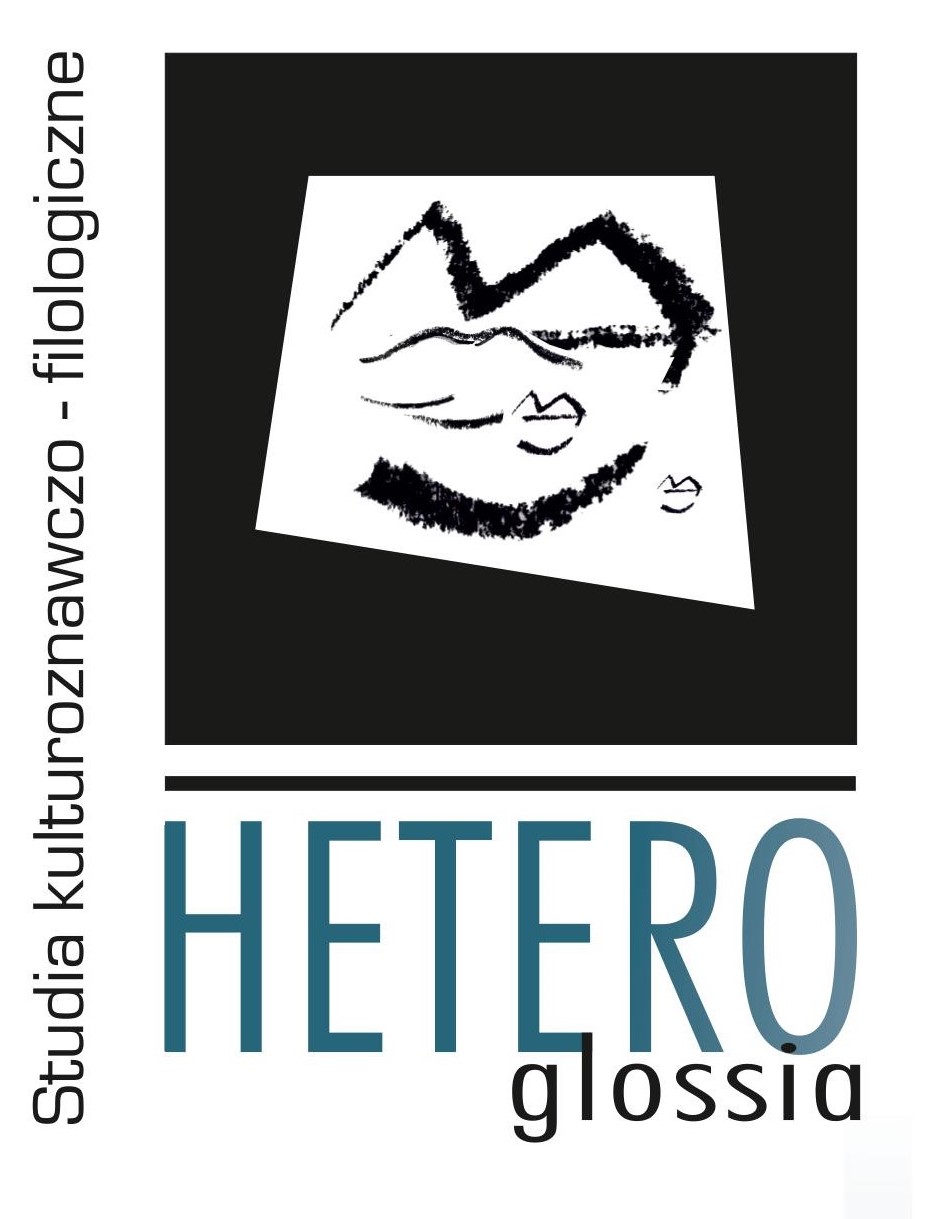Uwagi o języku Elementarza
Henryka Balka i Zofii Charszewskiej
z 1940 roku jako przyczynek do badań
polskojęzycznych podręczników
w Związku Radzieckim
Some remarks on language of Elementarz
by Henryk Balk and Zofia Charszewska (1940)
– contribution to the research on the Polish-language textbooks in USRR
Author(s): Tamara GraczykowskaSubject(s): Foreign languages learning, Western Slavic Languages, School education, History of Education, Pedagogy
Published by: Wyższa Szkoła Gospodarki w Bydgoszczy (WSG)
Keywords: Polish minority; USRR; textbooks; the interwar period; ideology; language;
Summary/Abstract: Abstract: The aim of this paper is to present a new object of linguistic research, namely theentirety of publishing activities (mainly textbooks) intended for the Polish minority livingin the USSR. This paper is divided into two parts. In the first section, the author shows the historic and political kontext of this publishing activity for Polish citizen speaking Polish in the interwar period. Thanks to autonomy, there appeared the possibility of education in Polishand publishing of textbooks for the Polish education, which was a part of the Soviet Union’sschooling system – the most important tools for the indoctrination and sovietisation of allnationalities, including the Polish minority.The second part presents the textbook entitled Elementarz by Balk and Charszewska, pub-lished in Moscow in 1940 and intended for learning Polish to children starting primary schooleducation. The paper focused on the description of how propaganda and ideology were im-plemented in the Polish-language textbooks (eg. portraits of Stalin, Lenin, short readings con-tained difficult, clearly political context for young children). In the second part some distinc-tive features in the field of syntax, inflexion and lexis found in Elementarz are also presented.Analysis shows that deviations from the general Polish are not numerous (only 12 items). Mostof them represents sovietisms – lexems denoting new objects and phenomena of Soviet reality,mainly borrowed from Russian (eg. kołchoz, szturmowo).
Journal: HETEROGLOSSIA - Studia kulturoznawczo-filologiczne
- Issue Year: 2023
- Issue No: 14
- Page Range: 179-194
- Page Count: 16
- Language: Polish

